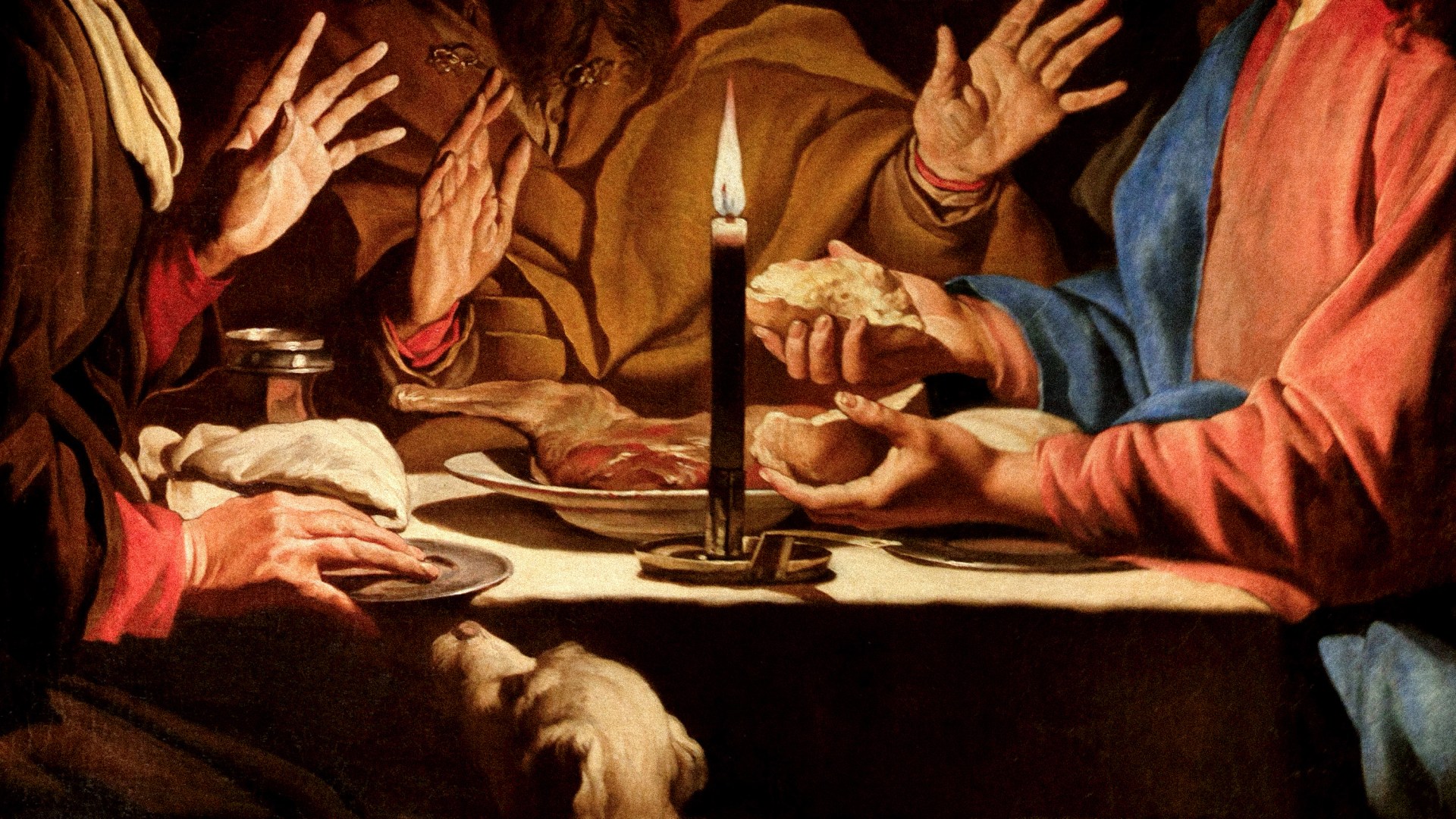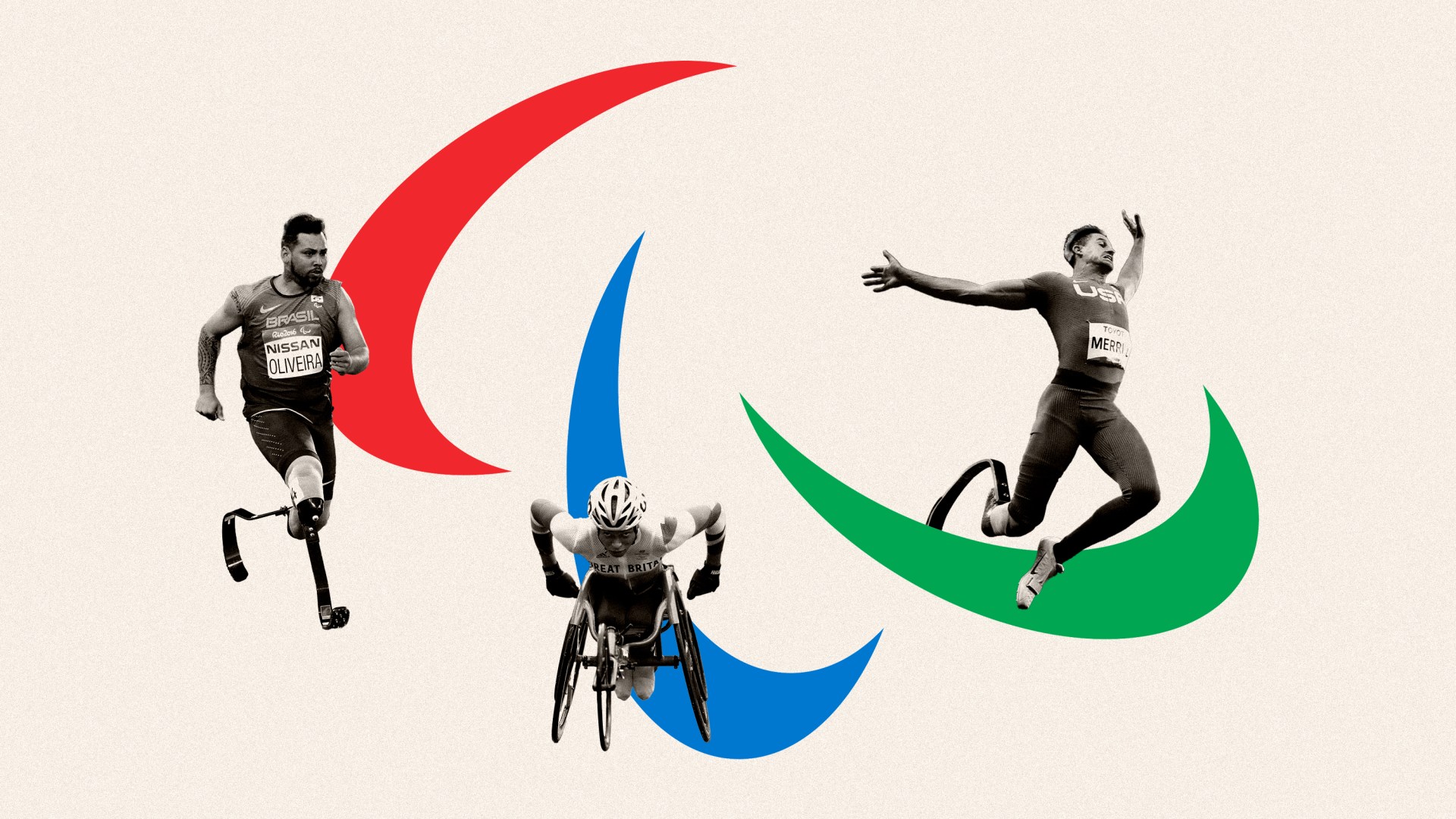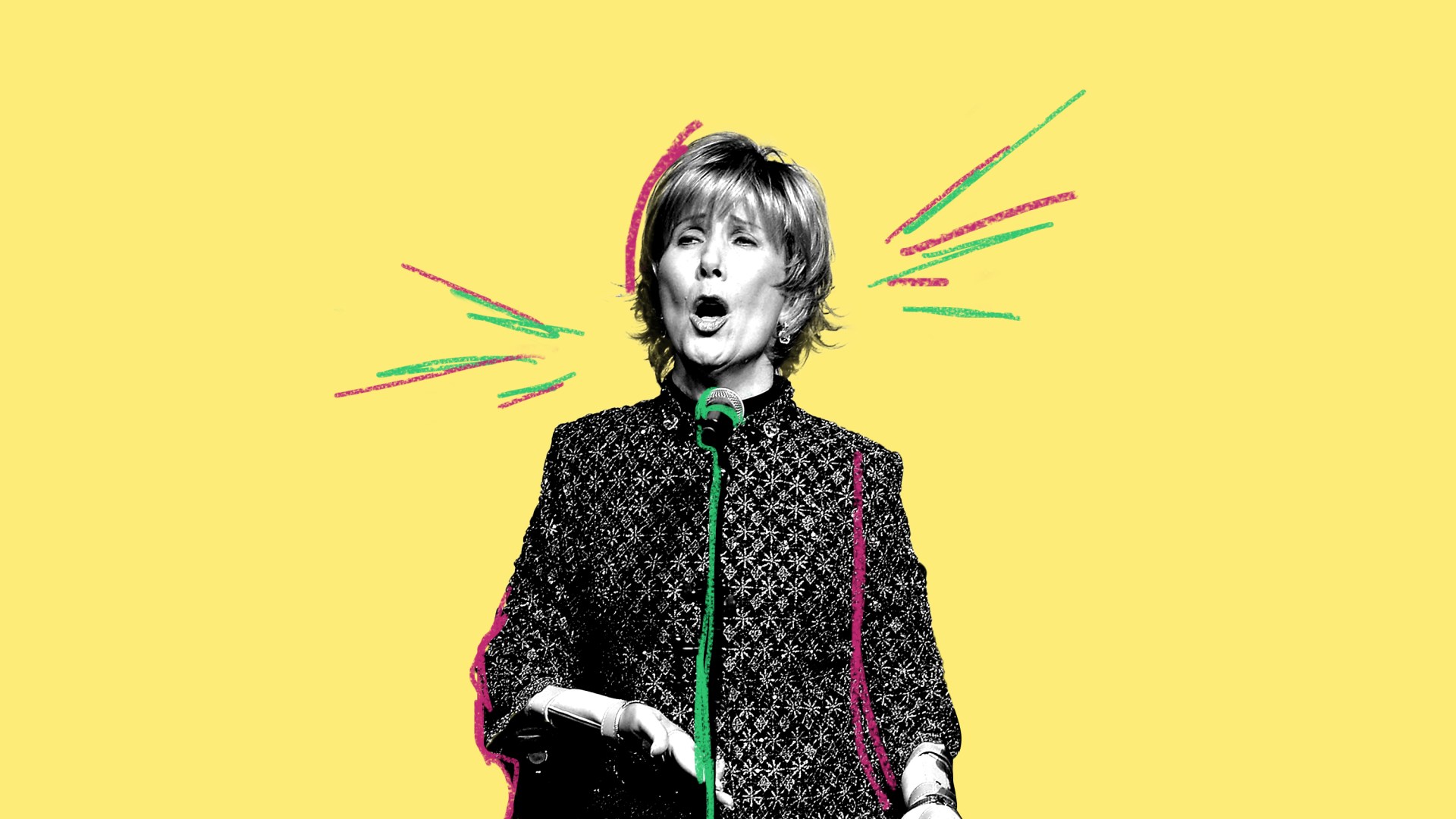On June 25, 2024, Eastern Nazarene College announced that it will close at the end of the year. I specify the date because it matters: The news came well after faculty members had begun planning syllabi and courses for the fall semester. To say this was a bombshell for them and their students is an understatement. Six months’ notice might be long in other contexts, but in academia, it’s scandalously brief.
This story is not unique among Christian colleges, and it raises an increasingly pressing question: What does it look like to navigate closures ethically and compassionately?
Christian institutions should be particularly committed to shutting down or downsizing in a way that treats faculty, staff, and students with love. Ending things well is an essential part of bearing witness and displaying good fruit for Christian colleges and universities, but, unfortunately, Eastern Nazarene’s behavior is far from exceptional.
Last summer, for example, conflicting announcements were coming out of The King’s College in New York City. The school laid off a number of faculty and ultimately canceled all fall classes, yet its board refused to take the final step to closure. It’s easy to imagine why they hesitated, but this proved to be a heartbreaking approach that raised warrantless hopes and left scholars scrambling to find new work.
The last few years have also seen closures by Christian institutions including programs at Trinity International University, Alliance University (formerly Nyack College), Goddard College, and Clarks Summit University. Even longer is the list of institutions that haven’t closed yet have ruthlessly cut programs, often in the humanities, in a desperate attempt to reinvent themselves and remain afloat. Some of the institutions on both lists have been struggling for years, and, in many cases, the pandemic accelerated their troubles.
This is all depressing, especially if you are a professor or a student or one of the alumni of the affected institutions—or an ex-professor like me. CT’s Emily Belz recently highlighted the challenge involved in records keeping for alumni of shuttered institutions. But what we’re seeing now is only the beginning; we should expect much more of these closures over the decade to come.
The single biggest reason for this is not unique to Christian schools. It’s the long-predicted “demographic cliff.” US birthrates dropped to an all-time low during the Great Recession and never bounced back. Next year, in 2025, we’ll be 18 years past that initial plunge, and our national birthrate remains below replacement level.
All things being equal, this means that every year for the foreseeable future, the entering freshman class in colleges nationwide will decline. Harvard will probably be just fine. Tiny Christian colleges without a national reputation, not so much. Even Wheaton College, the “evangelical Harvard,” had to make adjustments for this reality in late 2022.
Going forward, nearly all Christian colleges will have to plan to shrink, merge, or close. These difficult choices will be unavoidable and necessary. But, to get back to the question I posed at the outset, how college leadership approaches these decisions matters, and how Christian college leadership does it should be recognizably shaped by Christian ethics.
The biggest part of that how is when. The boards and other leadership of schools headed for cuts and closure must give faculty and staff the earliest possible notice that job loss is a possibility. For faculty, I’d argue that one year’s advance notice is the minimum that compassion requires.
True, in many other workplaces, a two-week notice is customary and sufficient. But higher education works differently because of its quirky annual hiring cycle. With very few exceptions, academic jobs are posted in the fall and early spring. Hires are concluded by late spring, and new positions begin in August. That means faculty need at least a full school year to have any chance of continuing to work in their field—not to mention to place a house on the market or finish out a lease and make plans for required relocation without losing a lot of money in the process.
There’s an obvious counterargument that can be made to such early advance notice of potential closure: It will prompt faculty to leave early, and such a loss of talent in short order could only make things worse for the institution’s reputation and fate. Maybe keeping quiet would buy leadership time to work behind the scenes to resolve the crisis.
But this counterargument ignores how university budgets work. Colleges typically set their budgets at least two years in advance, which means leadership likely knows closure is coming a year or more ahead of time. At that point, a miracle in the form of a massive influx of major donations is possible, perhaps, but it’s unlikely. Keeping quiet almost certainly can’t save the school—and certainly can’t justify playing with people’s lives (or, at least, their livelihoods).
Faculty layoffs at Cornerstone University, also this past June, were reportedly even worse by this measure of timeliness and transparency: “Several former Cornerstone faculty told [Religion News Service] that all six of those who left were tenured and had already signed contracts for the forthcoming school year when they were informed in June that their roles were being ended—likely too late to be able to obtain a similar spot elsewhere.” Even one year out of academia can be career-ending in our dismal higher-ed job market, so those lost jobs may well be these faculty members’ last university roles.
This timing is also devastating for students. Sure, some will transfer to other colleges—there are plenty out there, in this climate, that are eager to welcome more students, and closing schools, including Eastern Nazarene, have arranged transfer agreements with comparable institutions. But in practice, just over half of students who go through college closures never re-enroll. They’re probably demoralized and in debt and definitely left without a degree.
College and program closures affect real people, disrupting their lives and plans, and the shorter the notice, the more extreme the disruption. Christian university boards and administrators owe their employees and students more honesty and love.
In theory, of course, financial information about all private Christian schools is public per IRS rules. Institutional leadership might want to claim this absolves them from the charge of covering up dire financial straits. But the repeated shock that faculty and students express whenever they learn that their beloved institution is closing shows that they are not in the habit of looking up those forms on their own. Of course, why should they? That is not their duty.
If institutions that need to re-evaluate their finances in the future need a model, Wheaton has showed what it looks like to communicate genuine compassion for faculty, staff, and students. Two years ago, the college announced “a reduction of approximately 10 percent of the academic division, which includes faculty and academic staff, over the next three years to avoid a projected financial deficit.”
The striking part was the timing: “Ten faculty members, about 5 percent of the college’s 213 tenured, tenure-track faculty and permanent lecturers, were notified that their positions would end in June 2024 or June 2025.” The announcement was made on November 17, 2022, giving affected faculty notice of at least a year and a half.
That good practice needn’t be unusual. Considering how far ahead universities make budget projections, this kind of timeline is realistic for other institutions facing serious financial constraints. Furthermore, Wheaton’s case shows that such transparency need not result in a damaging loss of talent.
As we say about parenting, so much of faith and ethics are “caught, not taught.” Christian witness in difficult situations matters immensely, and in an age when we so often hear of cruel and unethical leadership, Christian college leaders could stand apart. Compassion may not keep college doors open, but it will make a difference in the lives of God’s image-bearers.
Nadya Williams is the author of Cultural Christians in the Early Church (Zondervan Academic, 2023) and the forthcoming Mothers, Children, and the Body Politic: Ancient Christianity and the Recovery of Human Dignity (IVP Academic, 2024).
Correction: An earlier version of this article mischaracterized Cornerstone University’s program changes. We regret the error.




















































